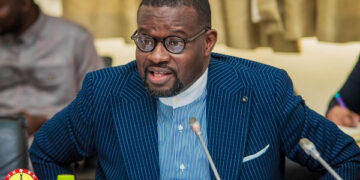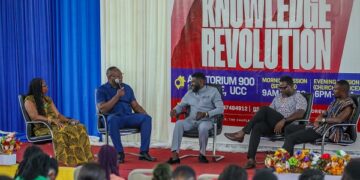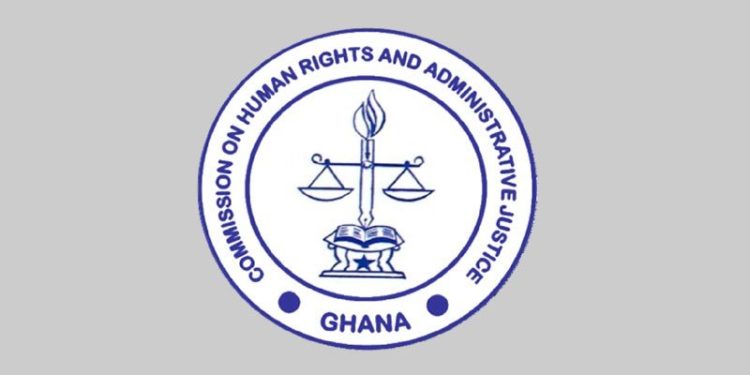Unnatural carnal knowledge is prohibited under Section 104 of the Criminal and Other Offences Act, 1960 (Act 29), according to the Commission on Human Rights and Administrative Justice (CHRAJ).
Although the Commission recognizes the controversy surrounding LGBTQI rights, it also recognizes that, despite being highly emotive and emotional in nature, LGBTQI discourse “must be driven by one of Ghana’s most cherished values- tolerance.”
Mr Joseph Whittal, CHRAJ Commissioner, signed a statement emphasizing the importance of tolerance, which was strengthened by Article 28 of the African Charter.
“Every person has the duty to respect and consider his fellow beings without prejudice, and to preserve relationships aimed at fostering, safeguarding, and reinforcing mutual respect and tolerance,” according to the declaration.
“Members of the LGBTQI community, as human beings, are equally entitled to defense of their human dignity, as expressed in article 15 of the 1992 Constitution,” the statement said.
“The majority of LGBTQI group members are Ghanaians, who come from Ghanaian homes and families, and live in Ghanaian communities,” according to CHRAJ.
Although their sexual orientation does not adhere to prevailing Ghanaian principles and norms, the statement stated that it “does not cast doubt on their dignity” and that they are therefore entitled to equal protection under Ghanaian law.
The Commission encouraged the public to refrain from saying or doing things that could provoke hostility, hate, or abuse against members of the LGBTQI community.
Public embarrassment and references to LGBTQI group members as “animals,” among other derogatory conduct and utterances, were deemed inappropriate by the Commission.
The Commission therefore urged the Ghanaian public to remain calm and approach the national dialogue with respect for Ghanaian principles and norms, while also being each other’s keeper.
“As the National Human Rights Institution, we assure the Ghanaian public of our commitment to the preservation of all persons’ integrity under the 1992 Constitution without jeopardizing the Ghanaian and African principles and norms that form the bedrock of our society,” CHRAJ said.
Read Also:President Nana Akufo-Addo was duly elected – Supreme Court
The Commission also recognized that the conversation in the United States about LGBTQI issues was highly emotional, sensitive, divisive, and had divided society.
Ghana had ratified several international human rights instruments, according to the declaration, and “these human rights treaties place obligations on the State of Ghana to respect, fulfill, and protect the rights of all persons within its jurisdiction.”
“Article 15(1) of the 1992 Constitution states unequivocally that “the dignity of all individuals shall be inviolable”; meanwhile, Article 17(1) on equality before the law ensures equal rights for all citizens before the law.”
SOURCE: ATLFMONLINE



























